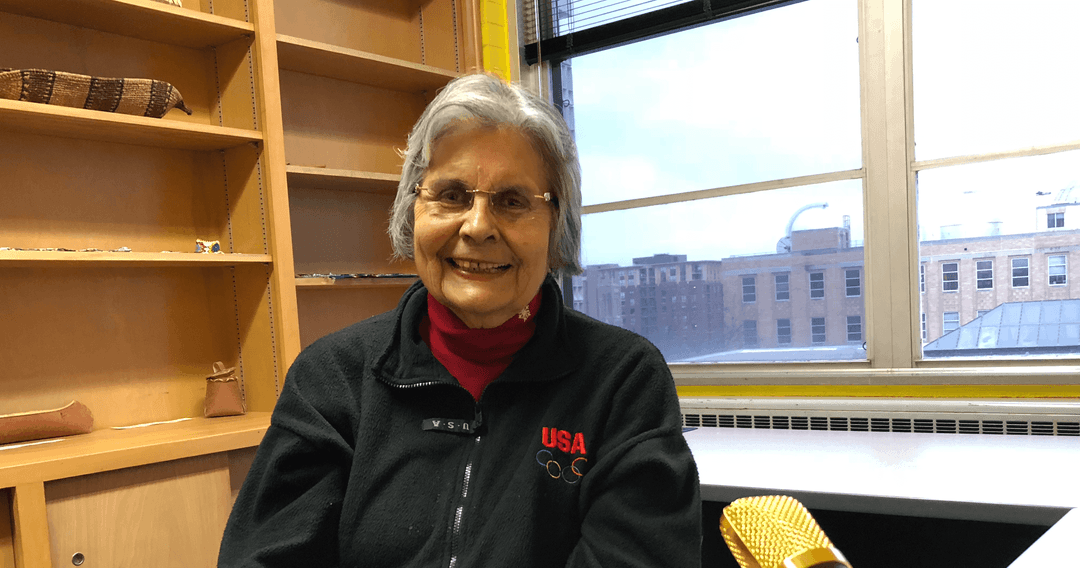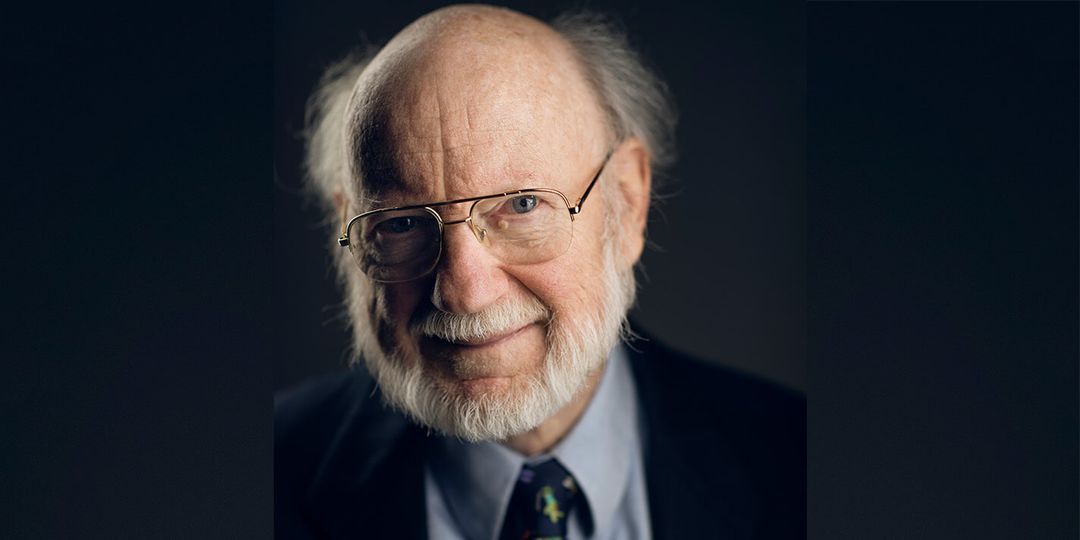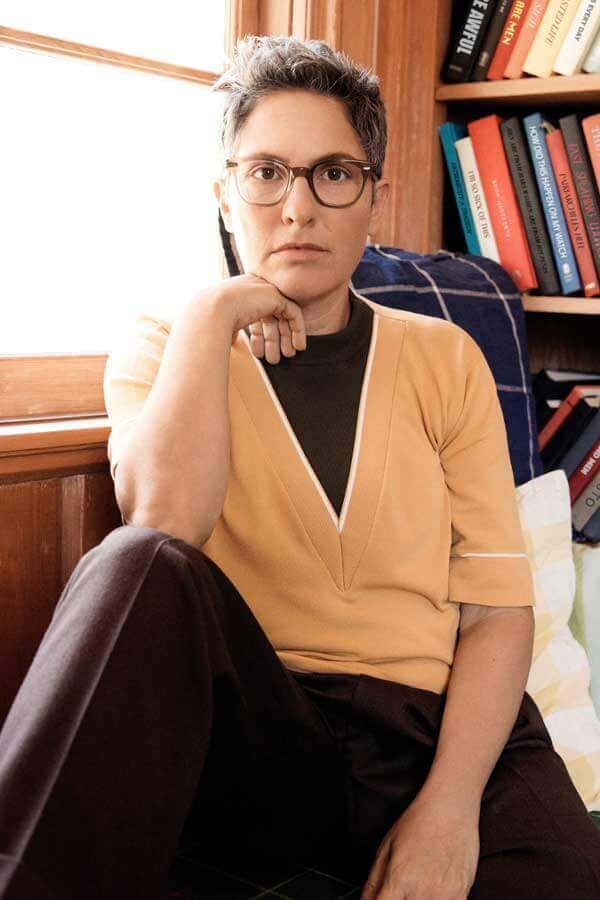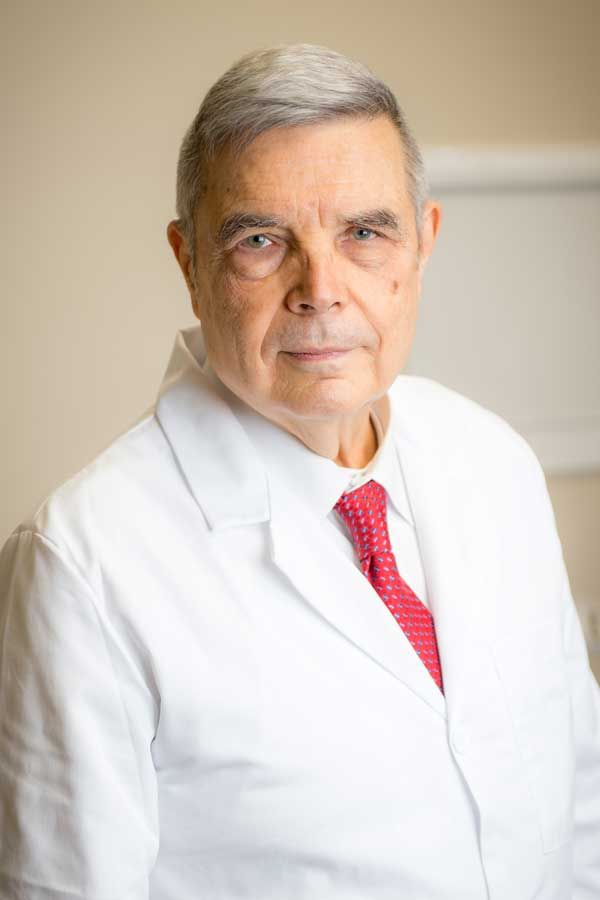2009 Distinguished Alumni Award Honorees
Over the past 20 years, Susan Straub has amassed a library of books for her Read to Me program, but you won’t find any of her husband Peter’s award-winning novels in there. But the disconnect in this partnership stops there, as the two have worked tirelessly throughout their lives to increase people’s passion, excitement and awareness around the importance of a good read.
Peter Straub and Susan Bitker both came to the University of Wisconsin-Madison from Milwaukee, Wisconsin. And while they didn’t know each other growing up, a chance encounter on Bascom Hill wouldn’t be the first time Peter had seen Susan.
“I looked over and saw her and I knew who she was,” says Peter. “She didn’t remember, but she had been led through my high school. Keep in mind, I went to an all-boys school, so seeing an actual girl in the place was something to remember.” Peter worked up the courage to say hello before a fortunate event gave him a chance to immediately prove his worth.
“A bee was attacking me,” says Susan, “and Peter came and rescued me.”
“I was able to chase the bee away,” says Peter, “to which Susie immortally proclaimed, ‘Oh, my hero.’”
The two connected, and Peter and Susan became inseparable. Both English majors, they began signing up for classes together, shared an immense interest in jazz and the campus movements of the 1960s, and spent endless Friday and Saturday nights as “part” of Steve Miller and Boz Scaggs’ band, two musicians whom Peter and Susan knew quite well.
“Ben Sidran once said that they were better than the Beatles,” says Peter laughing. “And to us they really were.”
“It was so impressive in Madison,” says Susan. “Even though Milwaukee was a big city, it felt to me the University of Wisconsin-Madison was this important and major place to be, full of interesting people and full of cultural diversity. It was really exciting for me.”
After graduating in 1965 with a degree in English, Peter attended New York’s Columbia University and completed his MA in English in one year, graduating at the same time Susan was finishing up her undergraduate degree at Wisconsin. The two married in the summer of 1966 and moved back to Milwaukee. Susan landed her first job as a project assistant at the University of Wisconsin-Milwaukee working with the inaugural Project Upward Bound, now in its 41st year, that aids bright youth from high schools in underprivileged neighborhoods in Racine, Kenosha and Milwaukee, Wisconsin.
Peter began work as a high school English teacher at his former high school, quickly rising to the ranks of one of the most popular teachers in the school. The rewards were great, but Peter soon discovered that teaching wasn’t the path for him.
“It was a constant intensity,” he says. “Constantly probing them, turning what they said into useable moments. I had to seduce them into making them see interesting things in the novels they started off by hating. I realized that just because I was good at it didn’t mean I was meant to do it.”
In 1969, the Straubs moved to Dublin, Ireland where Peter began work on his PhD in English literature under the direction of his advisor, Dennis Donahue, while Susan began graduate work in counseling and guidance and working odd jobs. Over the next two years Peter published poems and wrote his first novel, in addition to his doctoral work, after which he was prepared to show Donahue his dissertation … but not at all prepared for the feedback.
“He told me that what I wrote read like a book, but not at all like a dissertation,” says Peter, “and that if I wanted a PhD, I’d have to go back to the beginning and actually write about my subject this time. I never felt so leveled. So humbled.”
It seemed like a dead-end, until an American acquaintance and published writer staying for a short time on the Straubs’ floor gave Peter the okay to send his novel to this friend’s publisher. After several nervous months, Peter received a letter that his book would be published.
“Instantly, my life was saved,” says Peter. “I got money for the book, but more importantly I didn’t have to go back to a thesis I was unprepared to write.”
The book was Marriages, published in 1973, and the Straubs subsequently moved to London where they enjoyed a grander literary scene. “I was officially a professional novelist who lived by his pen, and I have never, thank God, done anything else,” he says.
Susan, meanwhile, built on her counseling and guidance education working in student mental health for the Inner London Education Authority. She helped in developing the student services unit, and was involved in student counseling and advising in areas of immigration, housing, health, careers and personal problems. She also began training in child psychotherapy at the Tavistock Institute.
Upon a suggestion by his agent to write a gothic novel, Peter’s writing began moving in a different direction. Peter interpreted the suggestion to be move toward the horror genre, and upon a closer examination, he realized the few horror novels in existence at the time only had one thing in common … they were all incredibly successful.
Julia and If You Could See Me Now became Peter’s first forays into the horror genre before writing Ghost Story, his first bestseller. It was the break-through he was waiting for, and it made enough money to allow the Straubs to move back to the states and buy a house, now with two-year-old son Ben.
After the Straubs moved to Connecticut their daughter, Emma, was born. Susan began work on a master’s degree in clinical social work at New York University, graduating in 1987, after which she began to develop her idea for the Read to Me Program. Started in 1990, the program offers a hands-on series of activities and supervised practice sessions that guide teen parents and other moms to read with their babies.
“The mission is simple,” says Susan. “It’s to get more books and more reading into the lives of more babies, because it’s now more urgent than ever. The science of infant brain development validates things mothers and educators have known for years, that the more language-rich a baby’s life can be is directly related to the capacity for success they’ll have in school.”
The six-week course begins with Susan taking instant photos of her students to show that their faces are the first books their babies read. In another session, each mother makes her own book and Susan even takes the mothers and their children to a local library, where many parents (and babies) get their first library card. It’s a program that’s as much for the parents as the children.
“The program provides pleasureful resources for parents and babies,” she says. “It’s a way of parents getting to bond with their babies, to engage in a conversation with their children.” As Susan’s fledgling program took flight, so too had Peter’s literary career.
After his break-through with Ghost Story, Peter published several novels in the 1980s, including 1984’s The Talisman, a collaboration with fellow horror novelist Stephen King, and 1988’s Koko, winner of the 1989 World Fantasy Award. To date, Peter has published more than twenty works ranging from novels and nonfiction to poetry collections, and his 18 published novels have garnered eight Bram Stoker Awards, more than any other horror novelist in history. He is also the recipient of a 1998 Grand Master Award and a 2007 Life Achievement Award.
“I’ve always liked hearing and telling stories,” says Peter. “Also, telling stories and writing fiction is a way of managing and exploring my own impulses and emotions. I’m not at the mercy of my terrors, my shame. I push the dredged-up emotions into shapes that are enjoyable in the end, even if their content seems violent or disturbing.”
Today, the Straubs live and work in New York City. They are founding members of the Board of Visitors for the UW-Madison English Department, and they take an active interest in the success of today’s students and faculty, supporting the Peter Straub Writer-in-Residence Program.
Susan’s Read to Me Program has earned several recent awards, including the Reach Out and Read of Greater New York’s Literacy 2008 Champion Award, and she’s begun to expand the program in the United Kingdom.
“Our society, starting with individual lives, is improved through stories and art,” says Susan. “We need a literate society, people who enjoy books, stories and art, and it all starts with picture books.”
“Stories tell us how the world works,” says Peter. “They don’t just distract us, they inform and lead us. They help us organize experience. I think they are necessary to human life. Above all, you can always count on stories to tell you the truth.”
For Peter and Susan Straub, stories have always gone beyond entertainment. From wordless and cute, to scary and surreal, the Straubs see stories as tools that improve today’s society. And they couldn’t imagine a world without them.








